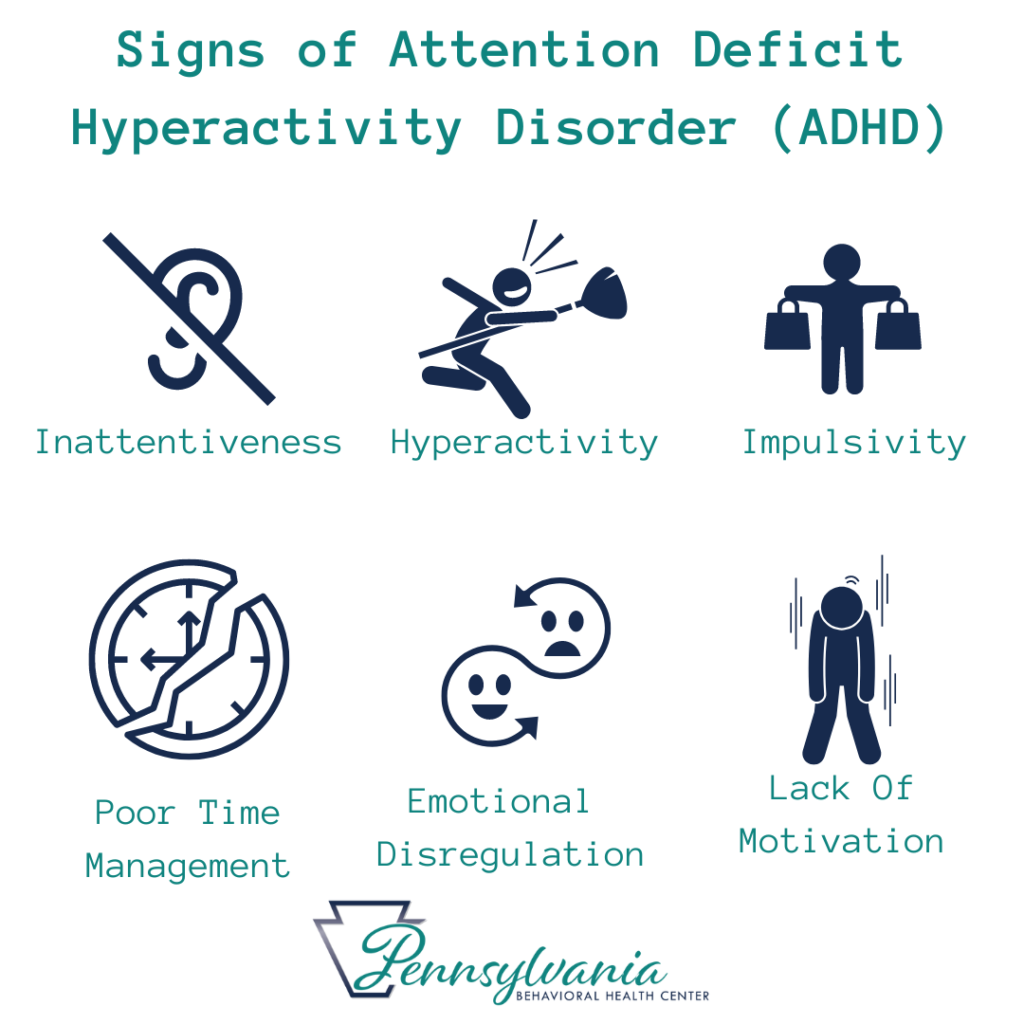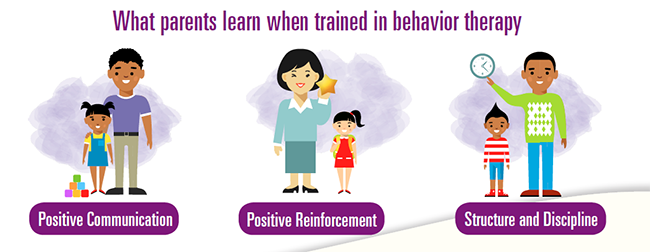Same Day Mental Health Services for Prompt Access to Expert Care
Same Day Mental Health Services for Prompt Access to Expert Care
Blog Article
Your Guide to Finding the Right ADHD Therapy for Long-term Outcomes
Browsing the complexities of ADHD therapy calls for a nuanced understanding of both the disorder and the myriad alternatives available for effective administration. It is essential to acknowledge that what works for one individual may not always yield the same outcomes for one more.
Comprehending ADHD and Its Effect

In adults, ADHD can cause obstacles in office environments, impacting productivity, time monitoring, and interpersonal relationships. Commonly, undiagnosed or incorrectly managed ADHD can add to co-occurring mental health and wellness problems, such as anxiousness and clinical depression, further complicating a person's general wellness.
The social assumption of ADHD can differ, bring about preconception and misconception, which might hinder individuals from looking for aid. As awareness grows, it is important to promote an atmosphere that promotes understanding and support for those impacted by ADHD, emphasizing the need for precise medical diagnosis and customized methods to minimize its effect on day-to-day life.
Overview of Therapy Options
An extensive strategy to dealing with ADHD incorporates a variety of alternatives tailored to the person's one-of-a-kind requirements. These alternatives can generally be classified right into behavioral treatments, psychoeducation, and way of living alterations, along with pharmacological therapies that might be discovered later.
Behavioral interventions, such as cognitive-behavioral therapy (CBT), focus on modifying particular habits and creating coping strategies to handle signs properly. Psychoeducation plays a vital duty in equipping both people and their families by offering information about ADHD, its challenges, and efficient methods for support.
Way of living alterations can substantially affect ADHD management. Normal physical task, a balanced diet regimen, and sufficient rest add to total well-being and signs and symptom control. Mindfulness practices and relaxation strategies can also improve focus and reduce impulsivity.
Support system and family members treatment can foster a sense of community and understanding, aiding people feel much less isolated in their experiences. Each therapy alternative need to be taken into consideration in conjunction with the individual's choices and conditions, ensuring a holistic strategy that advertises lasting success. Eventually, the goal is to create an individualized therapy plan that attends to the certain challenges connected with ADHD while enhancing overall high quality of life.
Medication: Advantages And Disadvantages
Medicine plays a critical function in the treatment of ADHD, with numerous alternatives available that can considerably minimize signs for many people. Stimulants, such as methylphenidate and amphetamines, are typically suggested and have actually shown performance in enhancing emphasis, lowering impulsivity, and improving general behavior. These drugs function by increasing dopamine and norepinephrine levels in the mind, which are usually dysregulated in those with ADHD.
Some people might experience side effects, including insomnia, decreased cravings, or enhanced stress and anxiety. Additionally, not all individuals react to stimulant medications, leading some to discover non-stimulant options, which might have a postponed beginning of activity or different side results.
It is vital for individuals and their families to weigh these advantages and disadvantages very carefully. useful link Balancing the advantages of symptom administration against prospective side impacts is essential for attaining optimal see here now therapy outcomes. Cooperation with health care carriers can help with educated choices, guaranteeing that medicine becomes part of a detailed ADHD monitoring plan.
Behavior Modification Methods

One frequently utilized technique is Cognitive Behavior modification (CBT), which assists people identify and transform adverse thought patterns that add to ADHD-related challenges. Therapist for ADHD. With CBT, clients learn to establish sensible go to this website goals, take care of time properly, and establish organizational systems
An additional efficient technique is Moms and dad Monitoring Training (PMT), which educates parents on exactly how to enhance positive behaviors and decrease unfavorable ones with constant technique and interaction strategies. This technique cultivates a supportive home setting that urges behavioral improvements.
Social abilities training is also important, aiding people with ADHD navigate social communications better. Role-playing and modeling proper behaviors can improve social skills and minimize anxiousness in social situations.
Way Of Life Modifications for Better Monitoring
Just how can way of life modifications substantially boost the administration of ADHD symptoms? Applying tactical way of life adjustments can result in significant improvements in focus, organization, and emotional policy for people with ADHD.
To start with, developing a structured day-to-day routine aids in developing predictability, which can minimize feelings of bewilder. Consistent timetables for dishes, study, and sleep can improve day-to-day performance.
Integrating regular exercise is also vital, as exercise has actually been revealed to enhance dopamine degrees, enhancing interest and motivation (Therapist for ADHD). Intending for a minimum of 30 mins of modest exercise most days can be advantageous
Nutrition plays a pivotal duty. A balanced diet regimen rich in omega-3 fatty acids, entire grains, and healthy protein can support cognitive feature. Restricting processed sugars and high levels of caffeine may reduce symptoms, as these can cause energy accidents and irritation.
Verdict
To conclude, locating the right ADHD treatment demands a multifaceted technique that considers individual requirements and preferences. A combination of drug, behavior modification, and way of life modifications can significantly improve symptom administration and general wellness. Engaging in psychoeducation and establishing organized regimens better sustains effective treatment methods. Collaboration with healthcare professionals and open interaction with assistance networks are important parts in navigating the complexities of ADHD monitoring, eventually causing long-term results and enhanced high quality of life.
Report this page